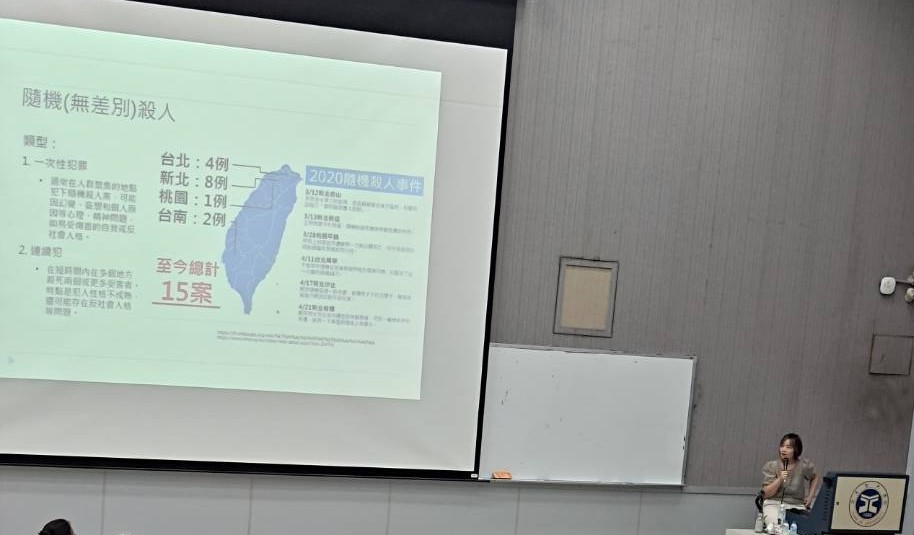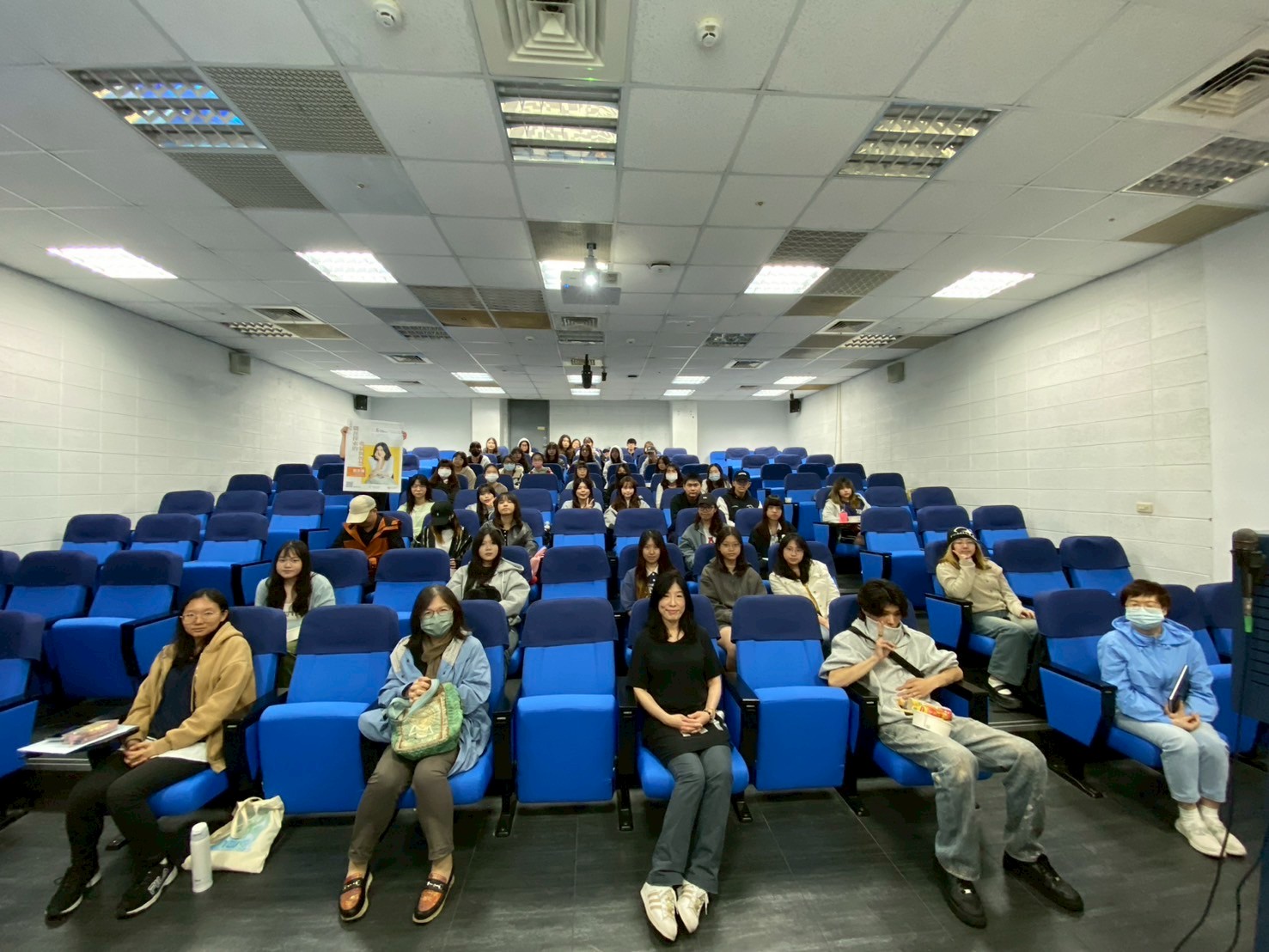In response to the Ministry of Education’s 2025 “Subsidy Program for Promoting Campus Mental Health in Universities,” Yuan Ze University’s School of Nursing invited Dr. Yi-Ju Pan, a psychiatrist from Far Eastern Memorial Hospital, to deliver a lecture titled "Challenges and Developments in Mental and Psychological Health."
The event drew enthusiastic participation from both faculty and students. The lecture not only deepened the campus community's understanding of mental health but also showcased Yuan Ze University’s strong commitment and proactive efforts in addressing student mental wellness.
Dr. Pan presented in a clear and accessible manner, analyzing the multifaceted challenges currently faced in the field of mental and psychological health. Her presentation covered issues such as addiction, the impact of digital lifestyles, emerging trends in psychiatric treatment, and the practical applications of green and social prescriptions. The content was both rich and thought-provoking.
Dr. Pan pointed out that behavioral addiction had become a growing concern in the field of psychiatry, especially prominent among "digital natives." This generation, having been exposed to smartphones, tablets, and various digital devices from a young age, often develops dependencies on mobile phones, the internet, or online gaming due to prolonged and frequent use. These behavioral addictions not only disrupt daily routines and interpersonal relationships but can also have profound effects on emotions, self-regulation, and brain function. She advised students to use standardized assessment tools to self-evaluate their behavior. A score above five indicated a severe level of addiction, suggesting that such behavior had already caused significant interference in daily life and that professional psychological help should be sought promptly to prevent further deterioration.
Citing experimental research, she noted that simply having a phone nearby — even without using it — could negatively affect concentration and cognitive performance. In contrast, participants who placed their phones in another room performed significantly better on intelligence tests. This illustrated how the mere presence of a phone could subtly distract the brain and impair cognitive resource allocation, posing potential negative impacts on learning and work efficiency.
Dr. Pan also issued a stern warning about the rising issue of new psychoactive substances. She explained that many drugs now appear in disguised forms, making it difficult for users to recognize their real dangers. Among them, cathinones — commonly known as "bath salts" or "meow meow" — often resemble white crystalline powder, making them easy to confuse with regular medications. These substances are highly stimulating and addictive, and misuse may lead to severe mental disturbances, delusions, or even aggressive behavior. She also cautioned students about a new type of drug called "zombie vape pods," which are electronic cigarettes laced with illegal components. While they appear similar to regular e-cigarettes, they may contain hallucinogenic or anesthetic substances that can strongly suppress the central nervous system, leading to confusion, abnormal behavior, and a loss of sense of reality. Dr. Pan emphasized that such substances are often marketed under the guise of being "fun," "harmless," or "relaxing" to lure young people into trying them. However, once addicted, the physical and mental damage could be long-lasting and irreversible. She urged students to remain vigilant, adopt proper attitudes toward medication and self-care, and not fall into traps due to curiosity or peer pressure.
In addition, Dr. Pan explored common psychological challenges in modern society, such as young adults overly dependent on parents, social withdrawal (hikikomori), and autonomic nervous dysfunction. She encouraged students to adopt a "slow living" mindset, seeking physical and mental balance, and introduced various therapeutic approaches. These included green therapy integrated with healthcare services, such as wilderness therapy, horticultural therapy, and forest bathing. She also explained innovative practices such as “green prescriptions,” “social prescriptions,” and “museum prescriptions,” emphasizing that holistic lifestyle adjustments — including diet, exercise, and stress management — can significantly enhance mental health and quality of life.
Through this lecture, Yuan Ze University provided students with valuable insights into the latest mental health trends and reaffirmed its dedication to supporting students’ psychological well-being. Looking ahead, the university planned to continue promoting mental health education through diverse initiatives, accompanying students on their journey toward holistic development in both mind and body.
 English
English  正體中文
正體中文 



